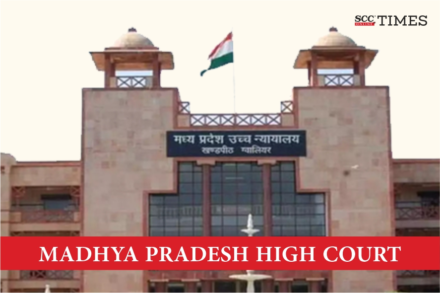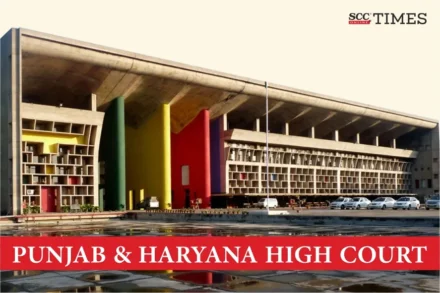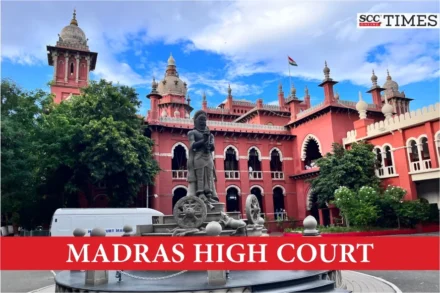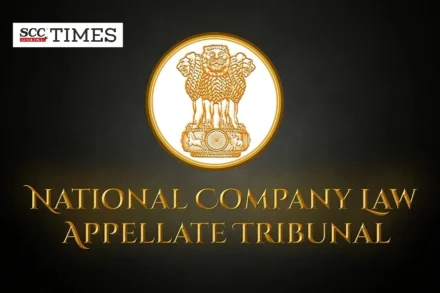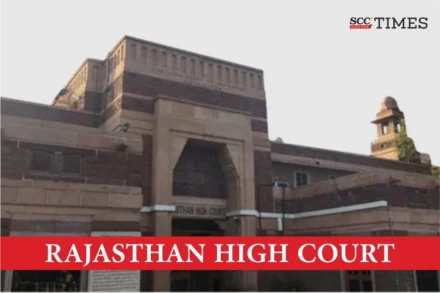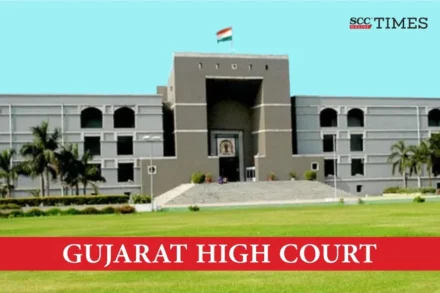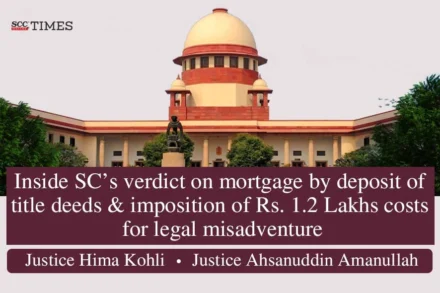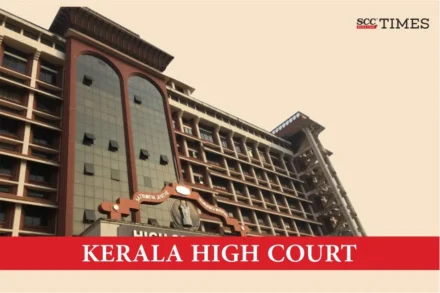
Referring woman as ‘prostitute’ in public in her absence may not constitute an offence under S. 509 IPC, but could attract other charges: Kerala HC
Kerala High Court mentioned that the word “intrude” is not defined in IPC. Its dictionary meaning is to put oneself deliberately into a place or situation where one is unwelcome or uninvited. To put it otherwise, intrude means trespass, horn in, pry into or to join in something without invitation or consent to the privacy of the woman.
Continue reading



